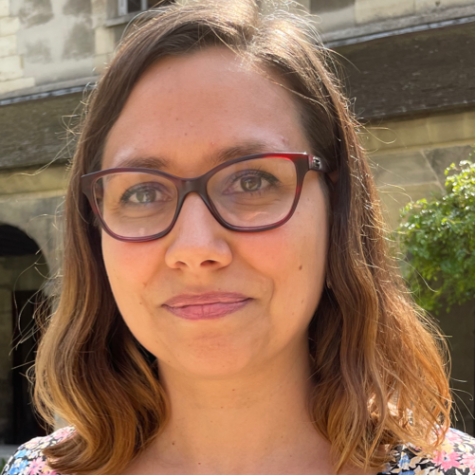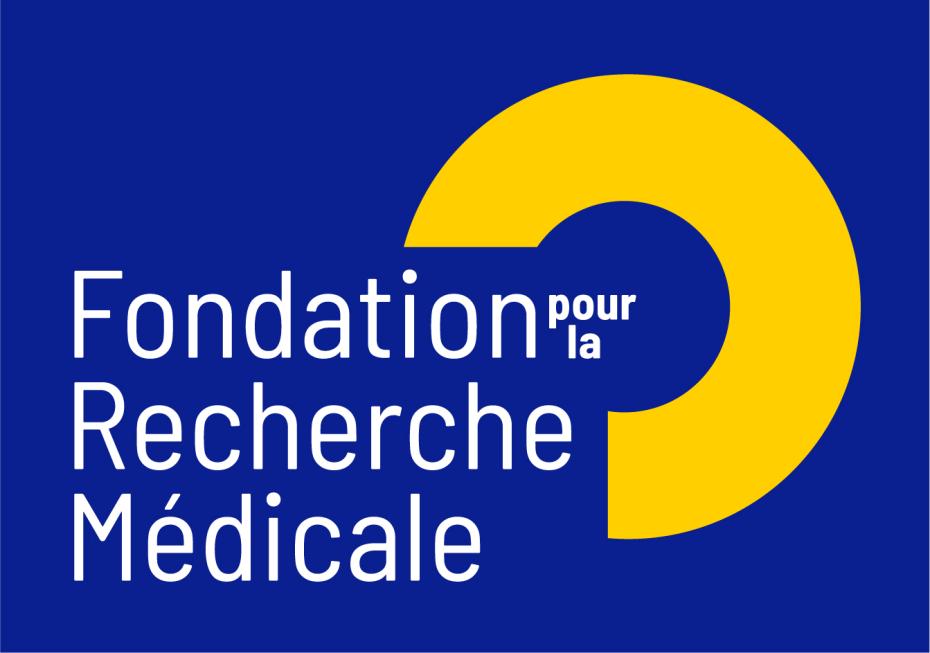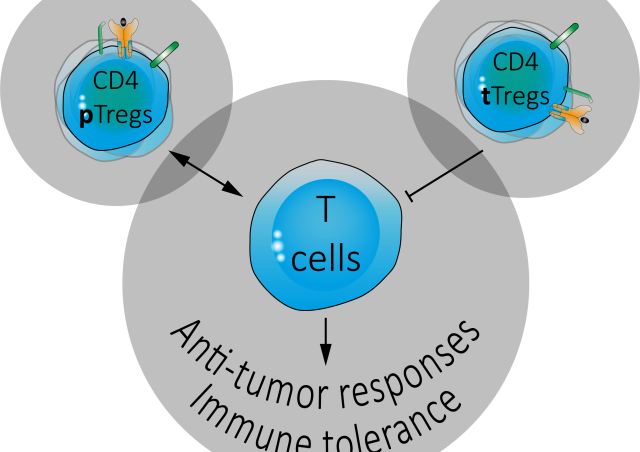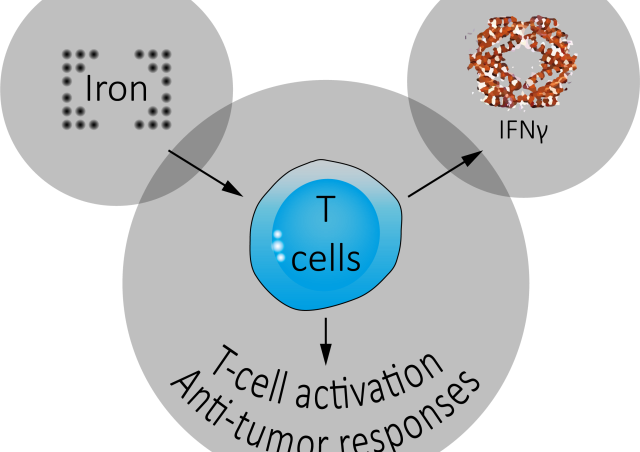Members of the project
Project
After activation at the periphery, CD4 T cells can differentiate into a wide variety of effector T cells, such as Th1, Th2, Th17 or regulatory cells. These cells are characterized by specific cytokine production profiles and effector functions. For example, Th1 cells can eradicate intracellular pathogens. Th2 cells enhance parasite clearance and are powerful activators of immunoglobulin production. Th17 cells play an important role in antimicrobial responses. Finally, regulatory T cells play a crucial role in the prevention of autoimmune diseases. The immunological context in which CD4 T lymphocytes are immersed at the time of their activation is known to guide their choice to engage in a particular differentiation pathway. This makes it possible to better adjust the quality of immune responses to the nature of the stimuli. Cytokines, in particular, direct, upon their activation, the differentiation of CD4 T lymphocytes towards the most appropriate effector cells. The aim of the present project is to decipher the mechanisms controlling the differentiation of CD4 T cells into effector cells. Indeed, inadequate or unregulated responses could be the cause of immune disorders such as asthma, allergies or autoimmune diseases. Recently, we observed that the transcription factor Foxo1 restricted the differentiation of CD4 LTs into Th1, Th2 and Th17 effectors and that its expression was strongly reduced in T cells with age. The main objective of this project is to understand the impact of Foxo1 on the quality of immune responses according to age.













